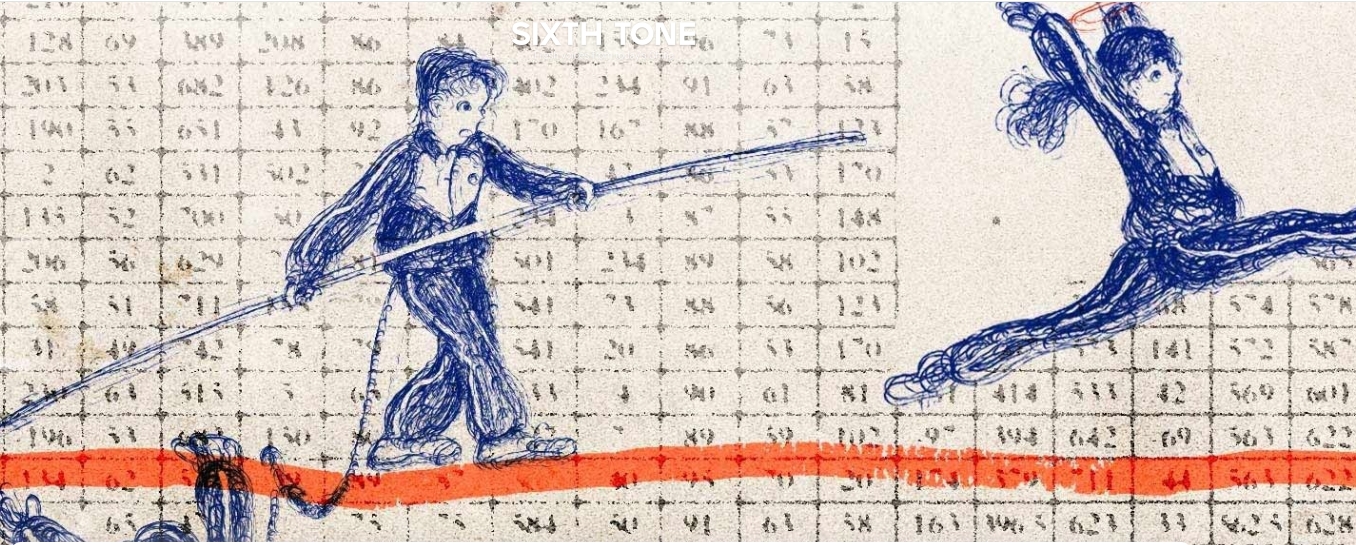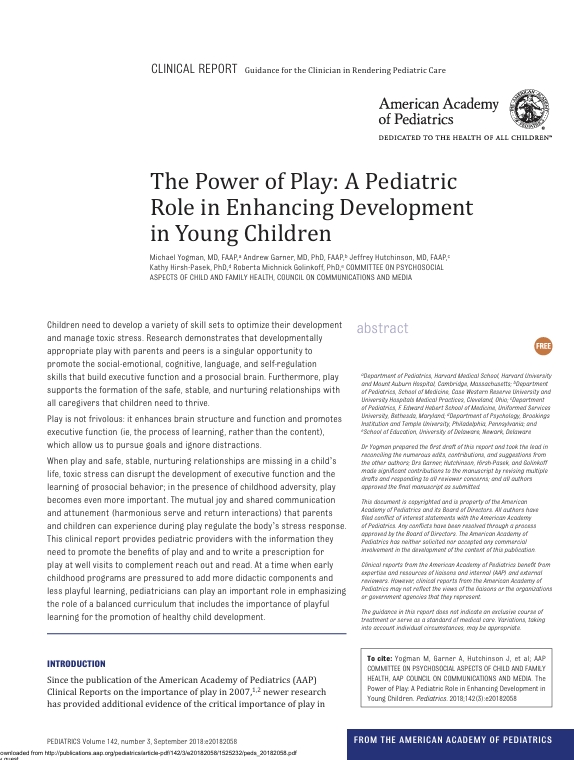These labels have real consequences for students’ daily lives. Xueshen are admired by their peers. When I shadowed Shiying, a xueshen who tested into Tsinghua University, her classmates frequently told me they “wanted to be like her,” and went out of their way to make sure I understood how brilliant she was. Claire, another xueshen who later went to Yale, had a posse who memorized her SAT scores, college application list, and application outcomes. The story of her legendary test scores and admission results was retold at her school even after she graduated. (To protect the identities of my research participants, I have given them all pseudonyms.)
Xueba, although not revered, are still respected by their classmates. Ziyi, a xueba who, like Shiying, tested into Tsinghua, habitually pulled all-nighters before important tests. After she handed in her test paper, she would take a nap in the classroom. Out of respect, other students hushed each other and asked those talking nearby to go outside so as not to disturb her.
While considering the needs of tired classmates might seem like ordinary behavior, lower status students generally do not enjoy the same level of peer support. Contrast Ziyi’s treatment with the above-mentioned boy who was peer pressured into abandoning his studies, for example. Sarah, another student with very low test scores, was sworn at by her classmates for giving a wrong answer on a test. And when Ruolun became a member of the student council, his classmates laughed instead of giving him the customary applause.
Kangwei, who students considered a xueruo, was shunned; most students refused to even reply to his greetings.
The impact of this status system influences students’ perceptions of themselves and others long after their high school graduation, as they attend college in China, the United States, or Europe, and even as they begin their professional lives. In follow-up interviews with the students I shadowed, I found them working in places such as Wall Street, Silicon Valley, or Singapore’s Marina Bay. They no longer referred to themselves or others as xueba or xuezha, but they continued to uphold the same status system — only with job performance substituted for test scores. Tony, a high performing worker in New York City enjoyed a status at work equivalent to that of a xueshen. As a result, he was able to gather dozens of colleagues for his birthday despite them all having just wrapped up an exhausting two-week business trip. His party became a demonstration of his high status among his colleagues.
Others felt anxiety as they struggled to adapt to their jobs. In her xueba days, Selena felt free to do as she pleased on campus. At work, however, she felt as though she was underperforming. To compensate, she stayed on call day and night.
While the adult world and adolescent society are hardly identical, high school coping and sorting mechanisms follow students throughout their lives. In school, the students I shadowed learned to differentiate their peer interactions based on test scores. Almost a decade later, they differentiate peer relationships based on job performance.







